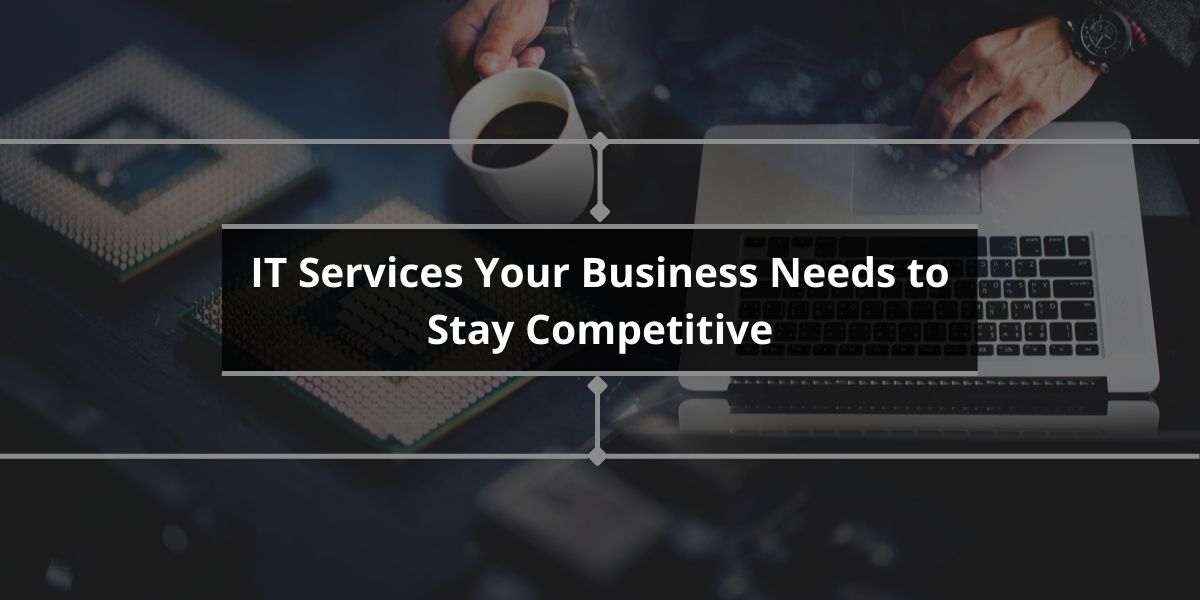It's easy. The power of information technology is a necessity for every business in the world. The Fourth Industrial Revolution is driven by IT solutions, which constitute its foundational component.
There is no disputing the reality that practically every company's basis is built on information technology. So the following query is, "What kinds of IT services are needed?"
There are many local IT Services in Cincinnati, Ohio available, and your choice will largely depend on your industry or niche, products and services, budget, data storage needs, compliance and security requirements, and, in the end, your business goals.
For businesses, there are five main categories of IT services. Look at the explanations for each one below.
1. IT Help Desk
Employees can get assistance from a help desk with any hardware- or software-related IT issue. If you don't have any in-house IT specialists, outsourcing a help desk can be helpful. However, you can reduce the need for this service by giving staff members adequate training on the tools they must use.
2. Cloud Services
The majority of organizations are now conscious of the cloud's possibilities. For instance, cloud services enable staff to participate in meetings and work on projects from any place, which is very helpful if your business operates in several locations or employs remote staff. Cloud services are also very scalable, so you may only pay for the services you use if your demands change frequently.
Having the best IT Support in Cincinnati is beneficial for identifying the ideal cloud solution for your business. The supplier will then set up the service and perhaps train your staff on how to utilize cloud services safely and effectively while also transferring current data to the cloud.
3. Network Infrastructure Management
Internet connectivity and internal networking between computers and other devices are two standard components of a business's network infrastructure. Infrastructure configuration at your location, such as installing servers and firewalls to block harmful traffic, is the first step in setting up network services.
Another network management definition is monitoring the network to identify and respond to abnormal traffic patterns and intrusions. For example, businesses that use remote access, complex payment procedures, and other particular network kinds need round-the-clock monitoring.
4. Cybersecurity Services
Cybersecurity is the most critical IT service of all. Although many of the services mentioned above include cybersecurity, getting this service from an expert is still advisable if you are particularly vulnerable to attacks.
Since employees frequently use their smartphones for work, having a bring-your-own-device policy is crucial for small businesses, where it is nearly universal. Using mobile device management, all devices will have security measures provided by a professional Managed IT Services in Cincinnati, Ohio. This implies that only safe devices will access corporate information and software. The ability to remotely delete this data from devices will also be available, for example, in the event of theft.
5. IT Consulting
Cybersecurity is the most critical IT service of all. Although many of the services mentioned above, to some extent, include cybersecurity, getting this service from an expert is still advisable if you are particularly vulnerable to attacks.
Since employees frequently use their smartphones for work, having a bring-your-own-device policy is crucial for small businesses, where it is nearly universal. All devices will have security measures by an IT provider using mobile device management. This implies that only safe devices will access corporate information and software. The ability to remotely delete this data from devices will also be available, for example, in the event of theft.
Conclusion!!
You must outsource some IT services, regardless of your company's size or sector.
You might hire an MSP based on the IT skill level in your workforce, the amount of time you have available, and the level of security you need. This option is popular among small businesses because it makes getting a range of services from one location more straightforward. Alternately, you might feel it wiser to contract for specific services just when you need them and outsource others.


